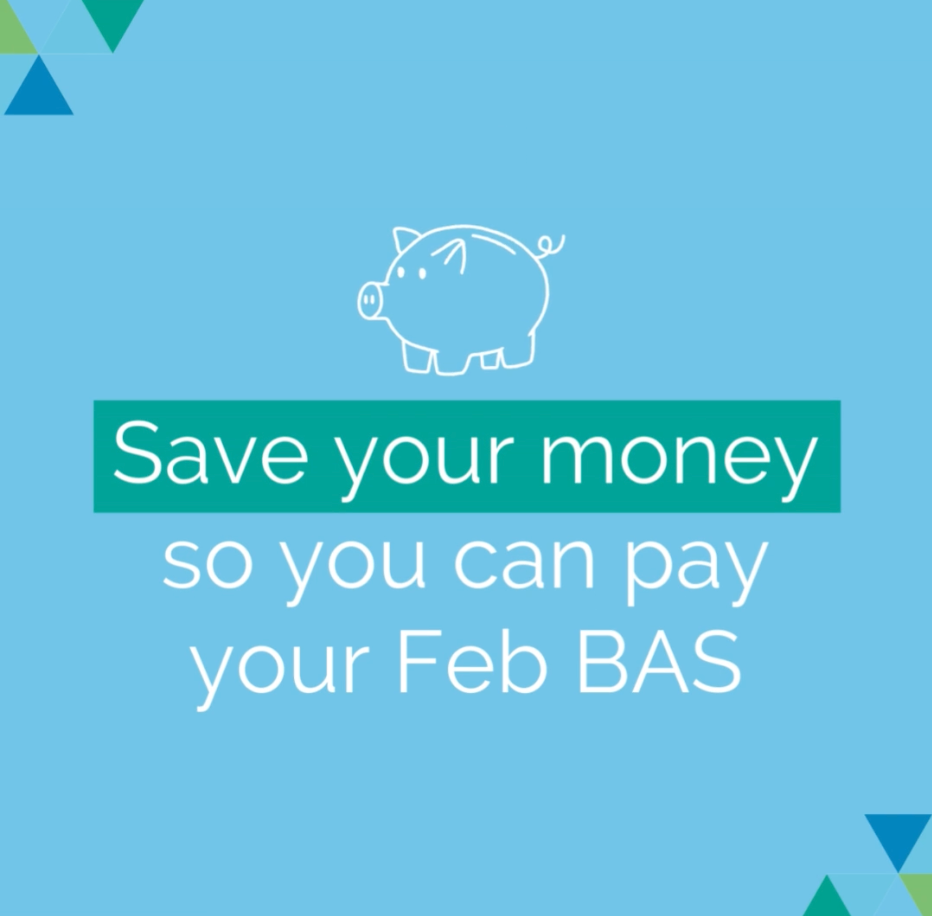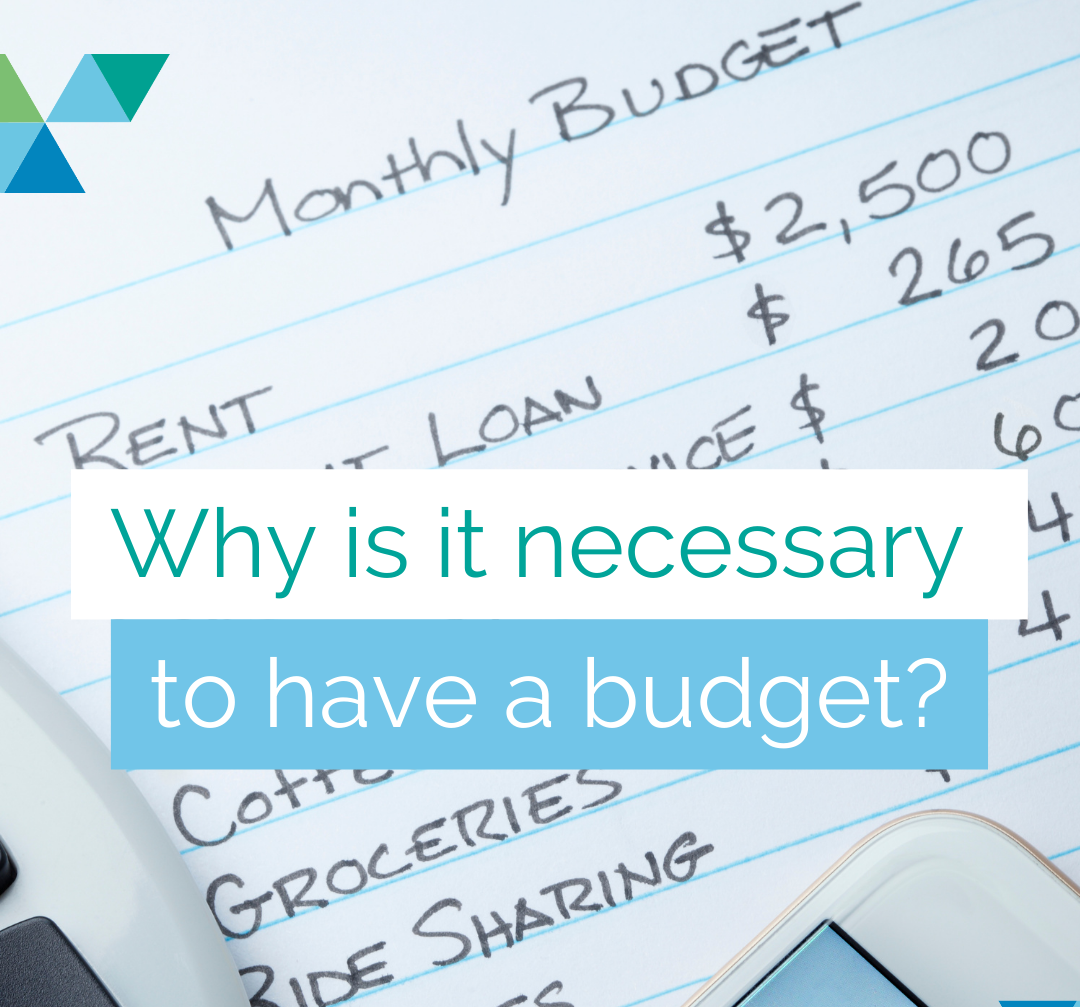What are your tax obligations for your AirBNB?

So you've found a way to add some extra pocket money to your bank accounts by hiring out your family home via AirBNB?
This can mean a great little injection of cash now, however beware of the potential hidden costs that may be lurking for you down the track. By renting your house out on AirBNB, you are generating an income. And just as any other income, this is assessable by the Australian Tax Office. This particular stream of income can also have implications that could see you charged capital gains tax on what you thought was deemed as your primary place of residence.
For example, if you are renting out 50% of your house as AirBNB accommodation, the Tax Office will treat this as income generation. Technically, half of your house is no longer deemed as your primary place of residence. It's 50% business.
This means that the ATO can deem that any increase to the value of your house could be assigned to income you were earning from your AirBNB listing.
And if you are thinking the ATO will never know. Think again. ATO have the ability to data match. They have just as much access to the AirBNB platform as the next person. It won't take them long to be able to access listing details for individuals and their properties.
Tax is essentially a self-assessment scenario. The ATO believe you, until they audit you. If you are not keeping accurate records of your taxable income and outgoings, the tax office will come up with an estimate. In our experience these estimates can be pretty hefty and unless you can prove why that estimate is incorrect, you may be up for a significant tax bill.
So our advice? Keep records of everything.
The kick in the tail
Your income assessment opportunity will be based on the period of time that your house was listed as available. NOT on your listings actual earnings. The ATO are assessing your properties Income earning capacity, not your income realised.
So what is deductible?
Operating costs are deductible. These costs are best defined by thinking about what your AirBNB guests will use such as electricity, cutlery, furniture and insurance.
Holding costs such as claiming a portion of your mortgage costs are a little bit trickier.
There can be some quite technical considerations when it comes to renting out your house on AirBNB so we believe it's well worth getting sound advice from your accountant so you can plan ahead.
You certainly don't to be surprised with a hefty tax bill from the ATO when you go to sell your house.
If you would like any further information about this topic, please call Anthony de Jager, Chris Garret or Doug Cheetham on 02 6566 2200.










